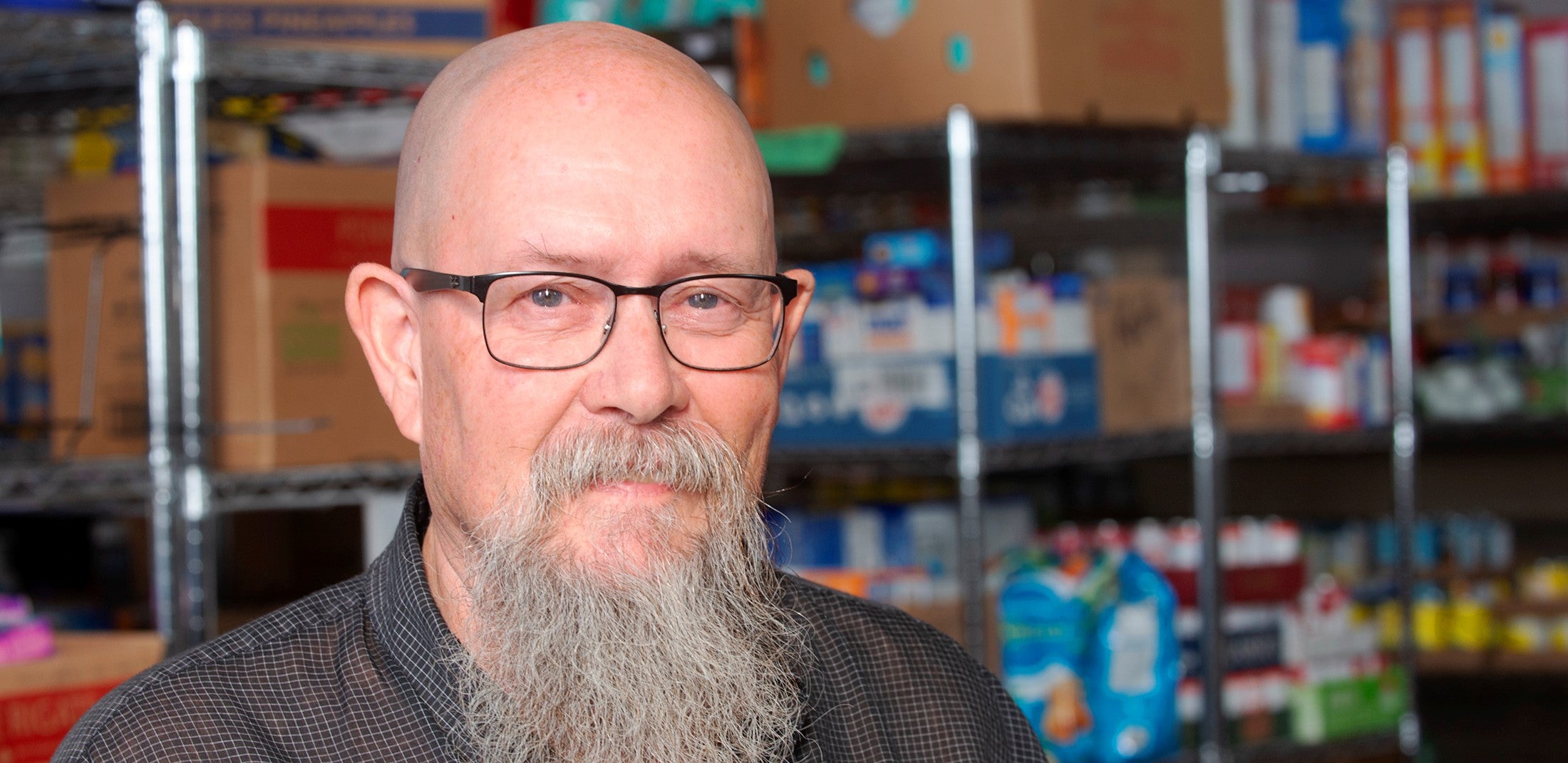
Helping rural neighbours access cancer care services
Courtesy of Matt Mills, Communications Officer, County of Frontenac, Corporate Services
Ensuring that people have easy access to team-based health-care services is central to the People-Centred Health Home. One of the FLA OHT’s priorities is to create new roles in organizations to help connect people with the care they need. Right now, not everyone has the same access to services.
Residents living in rural communities, who don’t have easy access to transportation, experience barriers to accessing in-person cancer treatments and other health-care services at Kingston Health Sciences Centre or other health providers. Physically getting to the Cancer Centre in the city for each of the many medical appointments it takes to fight a potentially life-threatening illness can be complicated and hard to manage. Understanding how partners can work together to share resources to connect people with the care they need is fundamental to ensuring everyone can achieve their best health. A great example is the work of three FLA OHT partners.
Rural Frontenac Community Services (RFCS), Southern Frontenac Community Services (SFCS), and the Canadian Cancer Society each coordinate separate but complementary volunteer driver services specifically to help connect drivers with those in rural areas who need transportation. Drivers get a small stipend to help cover expenses but otherwise volunteer their time, vehicles, and experience.
“You don't realize how desperate you can be until you’re a client yourself,” says SFCS and NFCS volunteer driver, Jim Lovatt. “I experienced it first-hand. It got me re-dedicated and I’ve literally become a full-time volunteer.”
Lovatt lost his wife to cancer five years ago. The treatment journey involved 17 cycles of chemotherapy, more than 20 radiation treatment sessions, in-patient stays, home care, and various volunteer services.
“We had a lot of family support but it was still a struggle at times for me as an active man in my 60s,” recalls Lovatt. “I can’t imagine how difficult it would be for someone alone, in their 80s or 90s.”
Lovatt says the time spent chatting on the drive can be hugely meaningful and valuable to clients. For some clients, he says, it’s rare casual interaction with someone else. It’s time he used to pass along some of his experience and even some advice for navigating the health care system in difficult times.
Still, demand outpaces supply, and there’s room for more volunteer drivers.
“I would volunteer again in a minute,” he says. “I’ve had some heart-wrenching conversations. I've had some hilarious conversations. I’ve met some amazing people and at Christmas time, I’m given more baked goods than I can eat.”
Visit Rural Frontenac Community Services, Southern Frontenac Community Services, and The Canadian Cancer Society to find out how you can become a volunteer driver.
